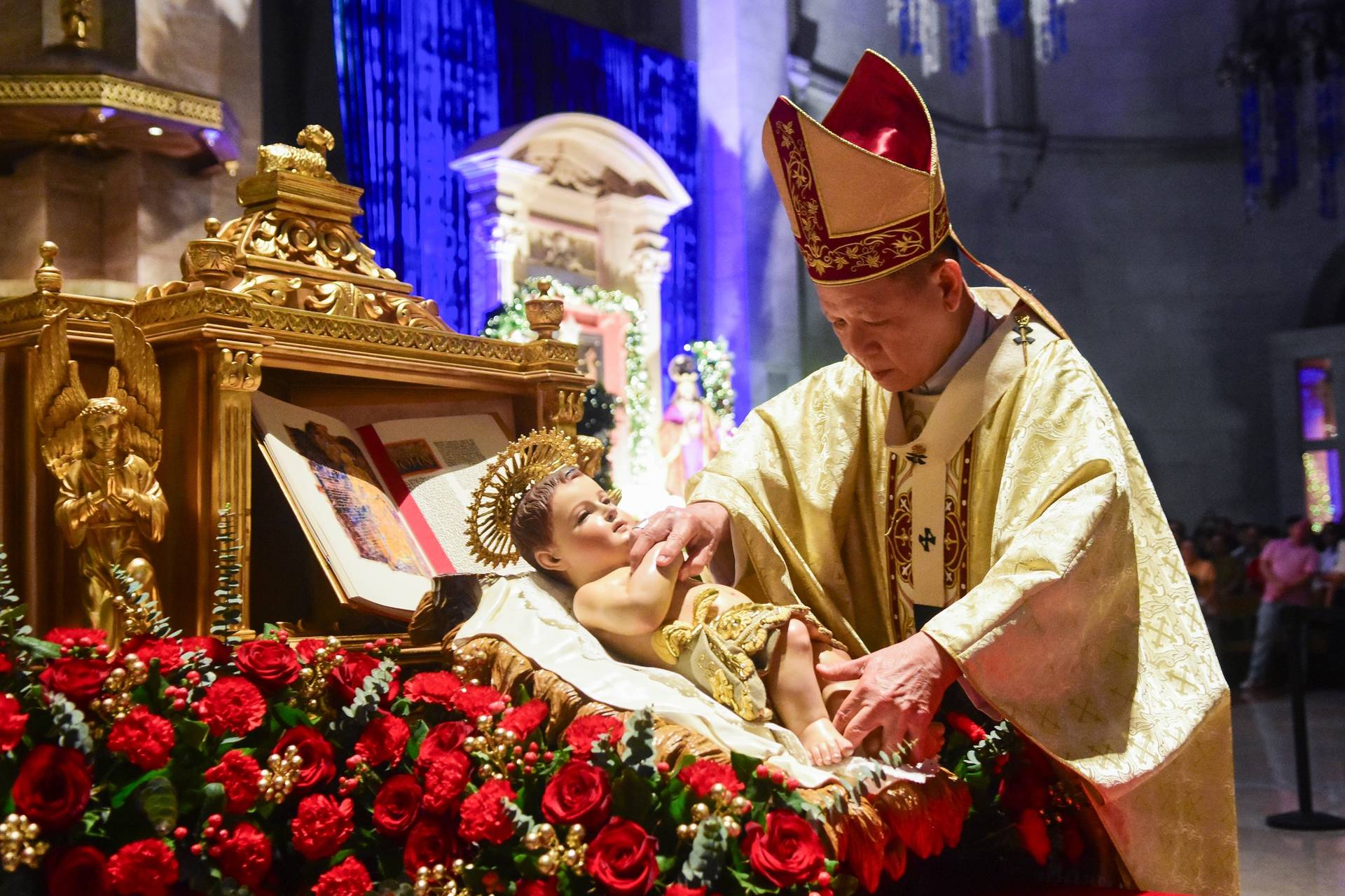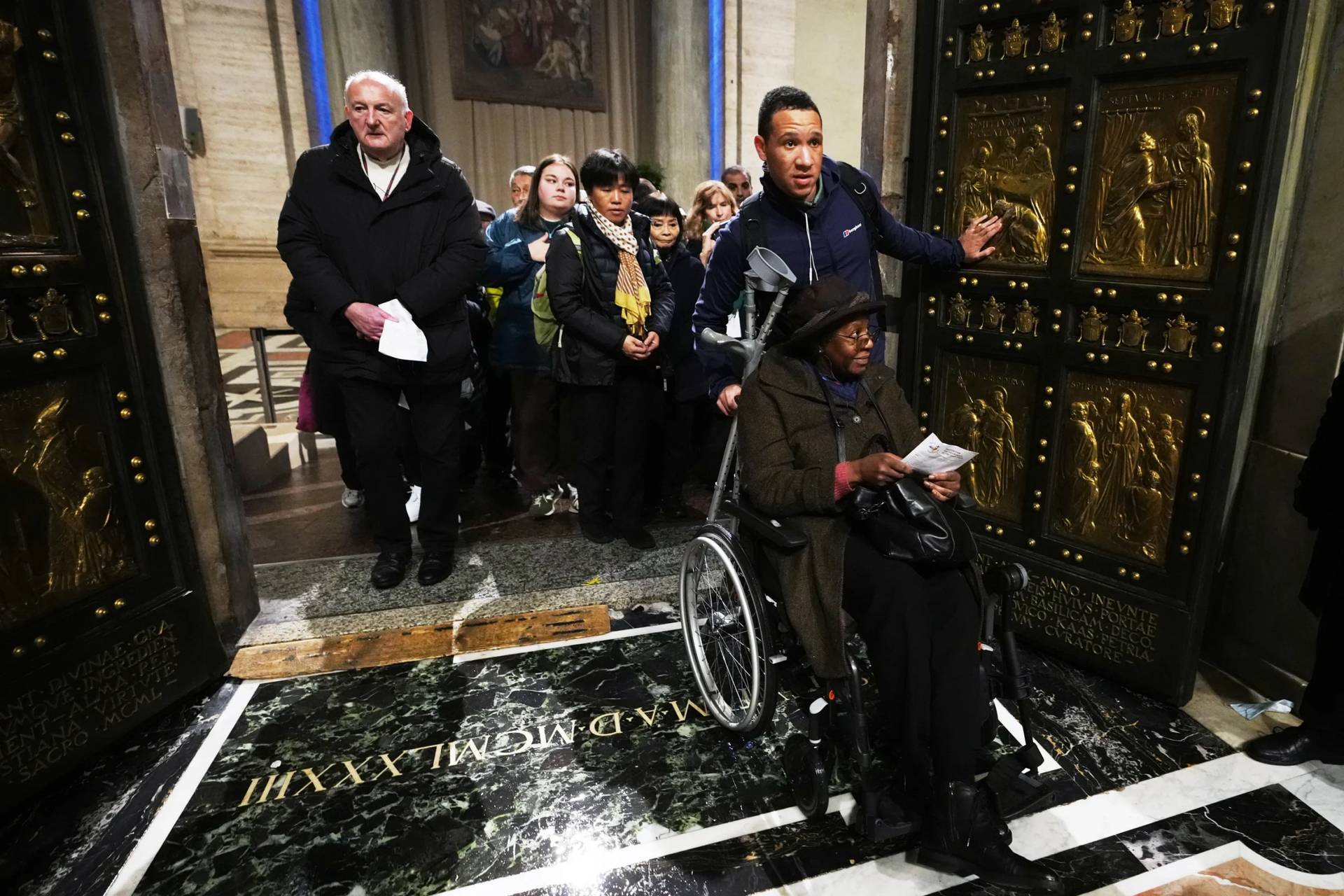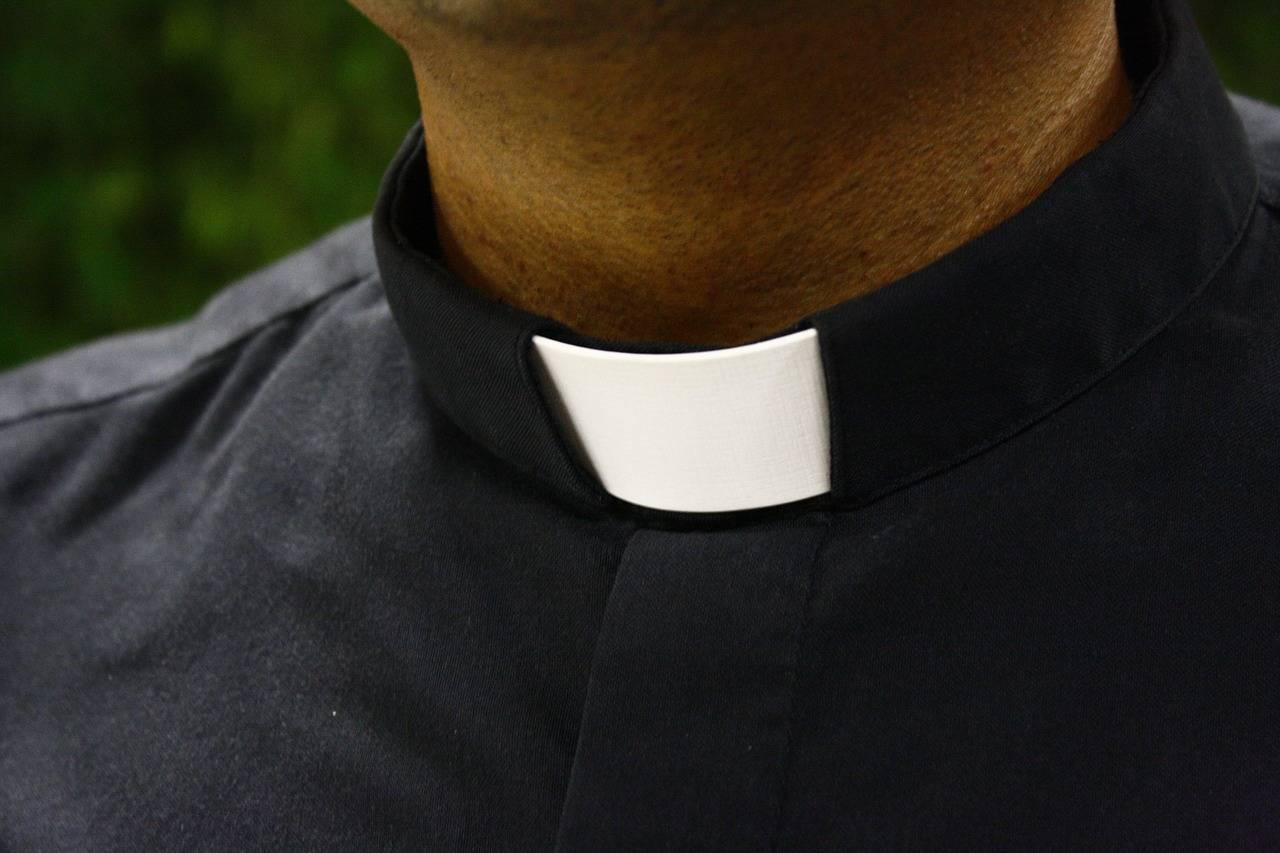MUMBAI, India – Christians in Indonesia believe in “diversity in unity,” says the newly elected president of the Indonesian Bishops’ Conference.
Muslims make up nearly 87 percent of the population of the southeast Asian country, with a little over 10 percent being Christians, a third of them Catholic.
Bishop Antonius Subianto Bunjamin of Bandung says the relationship between Muslims and Christians in Indonesia is excellent “because we live out the spirit of Pancasila as the foundation of the State.
The Pancasila philosophy is part of the constitution of Indonesia composed of five principles: Ketuhanan yang Maha Esa (The one divinity); Kemanusiaan yang adil dan beradab (Just and civilized humanity); Persatuan Indonesia (The unity of Indonesia); Kerakyatan yang dipimpin oleh hikmat kebijaksanaan dalam permusyawaratan/perwakilan (Democracy guided by the inner wisdom in the unanimity arising out of deliberations among representatives); and Keadilan sosial bagi seluruh rakyat Indonesia (Social justice for all of the people of Indonesia).
“In addition, we believe in the national motto Bhinneka Tunggal Ika – diversity in unity. Most of us think that diversity is a must. It is a gift from God. Nobody chooses to be born into a particular family, ethnicity, tribe, group, etc. In diversity, we are called to build friendship and fraternity for a better humanity,” Bunjamin told Crux.
He noted that inter-faith dialogue groups are growing well in Indonesia, including the government established Forum of Religious Harmony (FKUB), which began in 2006.
“We can find FKUB in all provinces, districts, and cities,” the bishop said. “FKUB functions as a driving force for harmony and rights protection for the freedom of religion or belief. Thanks to God, we can find various inter-faith activities across Indonesia. Even our government has decided that 2022 is the year of tolerance. The minister of religion goes to many places in Indonesia to promote tolerance and make tolerance our dream and our real life.”
However, Bunjamin did admit that even though at national and regional levels, the effort to promote tolerance grows well, there are some cases where Christians experience discrimination.
“For example, some places have difficulty erecting a new church. However, we still find a few extremist Muslims that refuse the presence of Christianity. They refuse Christians to build a new Church in the area where Islam is a majority. The local government seems not to dare to give legal permission to build a church even though the prerequisites for building a church are complete,” the bishop said.
“Therefore, we are grateful to the local government who dare to provide authorization even though the neighboring society doesn’t want to have a church. This local government helps us to communicate with the community until they understand and allow us to build a church. In a few places, Christians still struggle to practice the freedom of religion,” he continued.
However, on the whole, he insists Indonesia allows and practices freedom of religion.
“We are happy to be Christian and Indonesian. We want to be 100 percent Catholic and 100 percent Indonesian. However, we are still struggling to make all people, particularly in remote areas, accept one another and live and love each other,” he said.
Speaking about his new role as president of the bishops’ conference, Bunjamin said one of his concerns is “strengthening the fraternity in diversity; to realize the dream of being more Christian and Pancasilais.”
“We commit to strengthening our solidarity and fraternity among dioceses and bishops. With all people with goodwill, we commit to promoting human dignity by helping the poor, deprived, and marginalized, the displaced, and the migrants, Mother Earth, who groans with wounds of exploitation,” the bishop said.
“We want that the Church must dialogue with other religions to promote a culture of peace and reconciliation. The Church must dialogue with the government, religious and social leaders, and trusted NGOs,” he added.
“We commit to promoting a culture of dialogue and peace with all people who have goodwill. We want to strengthen the sense of togetherness with the Holy Father by realizing what becomes His Holiness’s concerns. We also want to improve fraternal communion among the bishops by working and helping each other. We want to show solidarity with the most needy, with the Church that needs personal and financial aid. We want to take a more significant role in nation-building in cooperation with the government and other religious and political leaders,” Bunjamin said.
















